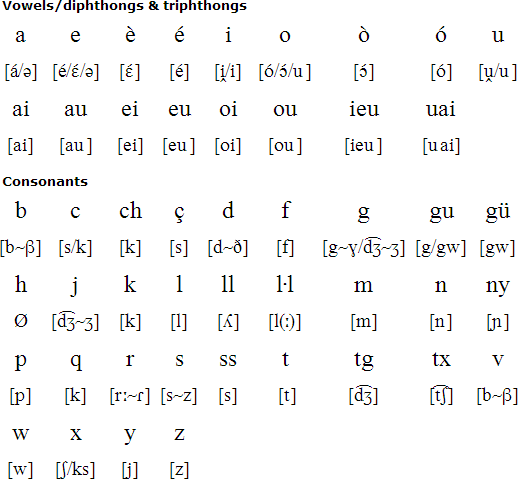
Mexico, Guatemala, Honduras, El Salvador, Nicaragua, Costa Rica, and Argentina.

If you’re studying Spanish, you probably know that amigo is the word for ‘friend.’ However, did you know there are dozens of other ways you can refer to your friends? Below are some of the most common Spanish slang for ‘friend,’ including the country where each word is used. Here are some common slang phrases that can be pretty well understood in almost any Spanish-speaking country. Many nationals will have slightly (or highly!) different ways of saying things. Spanish slang phrases are also highly dependent on the country. Some slang words may even mean completely different things in different countries.īefore we get into country-specific slang, here are some Spanish slang words that are pretty universal. Spanish is a highly regionalized language, so most countries will have their own slang. The Spanish pronunciation column in the tables below will reflect the local pronunciation for the respective country for accuracy. For example, Spaniards generally pronounce the letter c as a th while Mexicans pronounce it as an s. Keep in mind that Spanish slang is pronounced differently in each country.
ESSE SPANISH WORD HOW TO
Essentially, we’ll recreate the sounds with English words, so that you know how to say each word without having to mimic a native speaker! We'll cover the most popular Spanish slang words and phrases and provide their English translation as well as Spanish pronunciation for English speakers. Now that you’re excited to learn Spanish slang, let’s get into it.
ESSE SPANISH WORD TV

Communicate more effectively and naturally with locals.Spare yourself some embarrassing situations where you don’t know the local Spanish slang.Travel throughout Latin America and Spain with ease.Learning a wide variety of Spanish slang phrases will allow you to: Just as English-speaking countries like the USA, the UK, and Australia have unique slang, different countries in Latin America and Europe will have different Spanish slang words. There are over 20 Spanish-speaking countries worldwide. With this nifty guide, you’ll soon be able to navigate casual conversations like a local! We will also break down some of the most popular slang per country so that you know what to say next time you visit. We’ll cover popular Spanish slang for ‘friend’, Spanish slang for ‘cool’, Spanish slang for texting, and more. Let us walk you through some of the most popular Spanish slang words and phrases throughout Latin America and Europe. Spanish is spoken natively in over 20 countries and even has more first language speakers than English, making it an incredibly diverse language with many different slang words and phrases. If this has happened to you before, don’t worry! It probably means that you need to learn some Spanish slang to understand informal Spanish vocabulary. Then, suddenly, you try to have a conversation with someone whose first language is Spanish - and your pride is shattered. They help to add voice to your writing.So, you’re well on your way in your Spanish learning journey and started feeling proud of your progress in class. Interjections can really liven up a sentence.

Such examples are Wow!, Ouch!, Hurray!, and Oh no!. Interjection - An interjection is a word that shows strong emotion. Homographs - Homographs are words that may or may not sound alike but have the same spelling but a different meaning.Ĭomplex Sentence - A complex sentence is an independent clause joined by one or more dependent clauses. Homophones - Homophones are words that sound alike but they have different meanings and different spellings. Some examples are in, out, under, over, after, out, into, up, down, for, and between. Preposition - A preposition is a word that shows position or, direction. Some examples conjunctions are: and, but, or, nor, although, yet, so, either, and also. It tells what kind, how many, or which one.Ĭonjunction - A conjunction is a word that joins words or word groups together. It may stand for a person, place, thing, or idea.Īdjective - An adjective is a word that describes a noun or pronoun. Proper Noun - The pronoun is a word used in place of one or more nouns. Nouns are the subject of a sentence.Ĭommon Noun - A noun that does not name a specific person, place or thing. Noun - A noun is a person, place, thing, or idea.

They tell how much, how often, when and where something is done. Verb - A verb is a word that expresses an action or a state of being.Īdverb - An adverb describes how the action is performed.


 0 kommentar(er)
0 kommentar(er)
